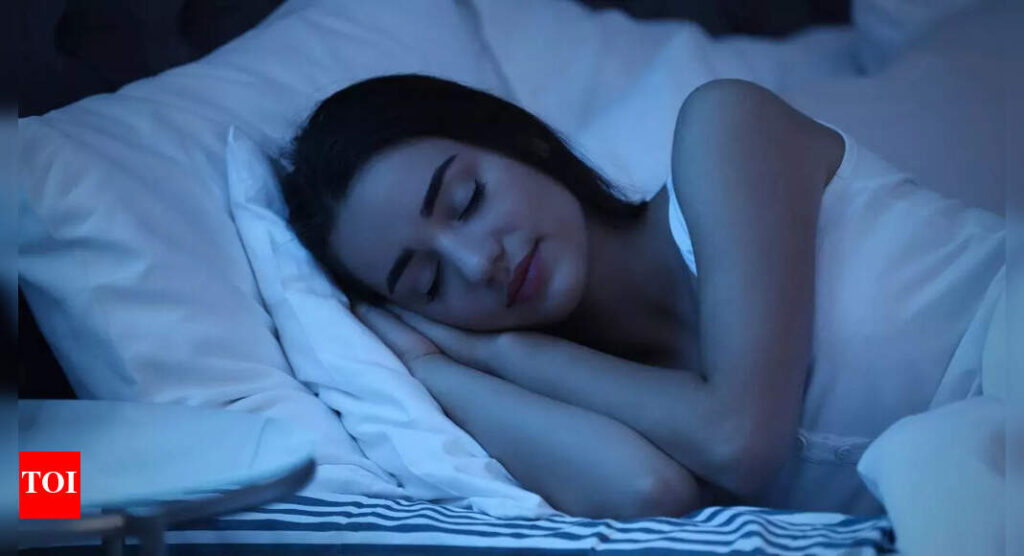Light or no light? How your exposure at night may impact cardiovascular health

We’ve all had those nights, too tired to get out of bed to switch off the light, dozing off under its dull glare. Sometimes the sleep feels light, sometimes deep enough to think you’ve done your body a favour by resting well. But new research suggests that even when you think you’re sleeping enough, the light around you could be silently working against your heart.A new study published in JAMA Network Open has found that sleeping in brightly lit conditions, equivalent to having overhead lights on, may significantly raise the risk of cardiovascular disease, the world’s leading cause of death.Researchers discovered that people who slept in the brightest environments had a 56% greater risk of developing heart failure, a 32% higher risk of coronary artery disease, and a 28% higher risk of stroke compared with those who slept in near darkness.Dr Daniel Windred, co–first author of the study and a research associate at Flinders University’s College of Medicine and Public Health in Australia, said wrist wearables tracked participants’ light exposure between 12:30 a.m. and 6 a.m. “One limitation is that we do not know the sources of personal light exposure, only the intensity,” he explained. “Understanding typical sources of night light exposure might allow for more informed recommendations beyond ‘avoid bright light at night.’”

The analysis drew from data within the UK Biobank, involving nearly 89,000 adults with an average age of 62. Participants wore light-tracking devices for a week between 2013 and 2022 and were then followed for around nine years. “We analysed 13 million hours of light data,” Windred said. “To our knowledge, this represents the largest known study of long-term associations between individual light exposure and cardiovascular disease risk.”
Why light at night matters
Light affects the body’s circadian rhythm, a 24-hour internal clock that governs everything from hormone production to blood pressure regulation. “Circadian rhythms exist in virtually every cell and tissue in our body, including our cardiovascular system,” Windred noted.The study explains that if light exposure continues into the night, it can suppress the production of melatonin, the hormone responsible for sleep, potentially disrupting the body’s natural repair and recovery processes. This disruption has been previously linked to increased risks of hypertension, inflammation, and arterial damage.

The researchers also found the associations remained significant even after accounting for factors such as physical activity, diet, alcohol intake, and smoking.These findings add to growing evidence that night-time lighting should not be dismissed as trivial. Reducing light exposure in the hours before bed may be a simple, low-cost way to protect long-term heart health.The study also found that high daytime light exposure, such as stepping outdoors after waking, was linked to better cardiovascular outcomes, reinforcing the importance of keeping the body’s internal clock aligned with natural light cycles.While further research is needed to confirm how light exposure directly affects cardiovascular outcomes, the message is clear: for better heart health, it might be worth embracing the dark when you sleep.Note: The information provided in this article is for educational purposes only and is not intended as medical advice. Always consult with a healthcare professional before starting any new medication or treatment.







